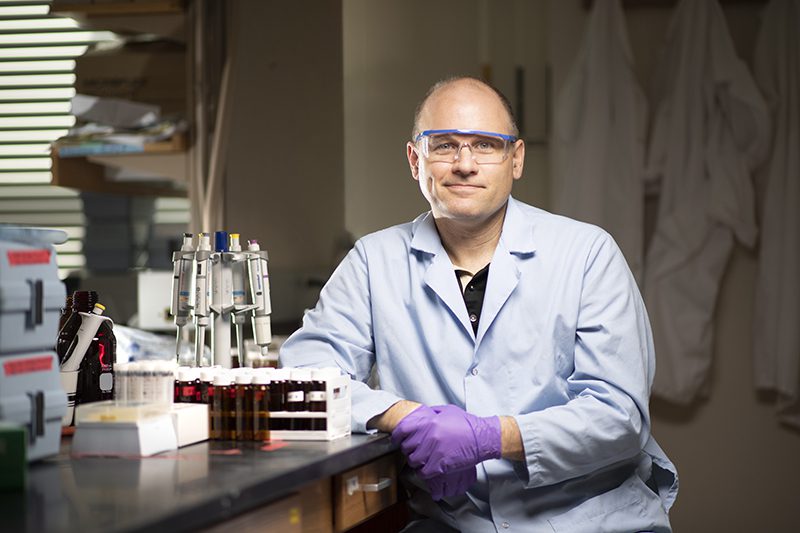Blog
Expert: How Wildfires Contaminate Drinking Water

As wildfire season continues, a Purdue University professor is sharing his expertise on how fire damage can impact drinking water.
Andrew Whelton, a Purdue professor of civil engineering and environmental and ecological engineering, has traveled numerous times to the sites of wildfires, where he and his students collect water samples to help guide a community on the best way to restore its water systems.
- This research is expected to lead to the first national recommendations on the roles and responsibilities of utilities and federal and state agencies for addressing drinking water contamination caused by wildfires. Later this year, the recommendations will be published as a “concept of operations plan” written by Whelton and funded by the Water Research Foundation.
- Whelton also provides assistance from afar to communities experiencing post-wildfire drinking water contamination and regularly speaks with disaster response groups across the world to increase awareness of the problem.
- This spring, Whelton traveled to Europe, where he met with public health groups and researchers who were seeking to better understand drinking water contamination after witnessing Europe’s second worst wildfire season last year.
- Whelton and his students have published several milestone papers since testing water samples from the sites of the most destructive wildfires in California and Colorado over the past few years. These studies provided some of the earliest evidence suggesting that chemicals called volatile organic compounds enter drinking water when wildfires degrade plastic pipes. Whelton’s research group also was the first to publish on how wildfires contaminate private drinking water wells, a study his team conducted based on samples from Colorado’s 2021 Marshall Fire.
- The team recently published a paper with findings on how benzene, a chemical leached from heat-degraded pipes, contaminates water softeners. Other upcoming papers look at how wildfire contamination affects plastics used for soda fountains and appliances.
